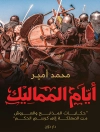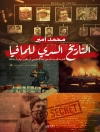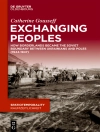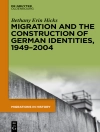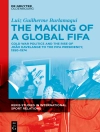Sport during Cold War has recently begun to be studied in more depth. Some scholars have edited a book about the US and Soviet sport diplomacy and show ow the government of these two countries have used sport during this period, notably as a tool of ‘soft power’ during the Olympic games.
Our goal is to continue in this direction and to focus more on the sport field as a place of exchanges during the Cold War. Regarding this point, our aim is to show that there were events ‘beyond boycotts’many and that unknown connections existed inside sport. Morevoer, many actors were involved in these exchanges. Thus, it is important not only to focus on the action of States, but also on private actors (international sporting bodies and journalists), considering that they acted around sport (an ‘apolitic’ field) as it was tool to maintain links between the two blocs.
Our project offers a good opportunity for young scholars to present original research based on new materials (notably the use of institutional or personals archives). Morevoer, it is also a step forward with a view to conduct research within a global history paradigm, one that is still underused in sport academic fields.
About the author
Philippe Vonnard, University of Lausanne; Nicola Sbetti, University of Bologna; Grégory Quin, University of Lausanne


